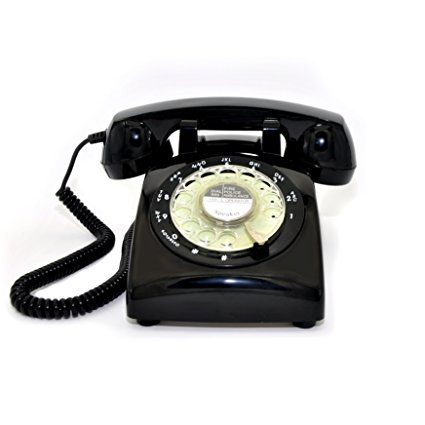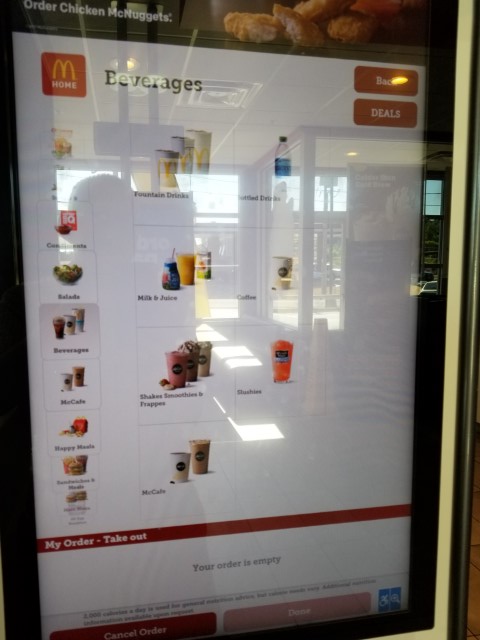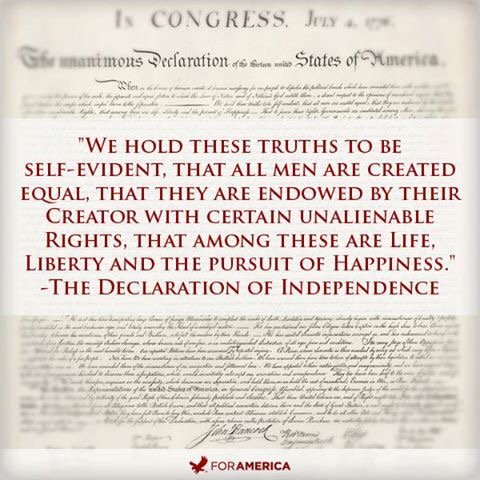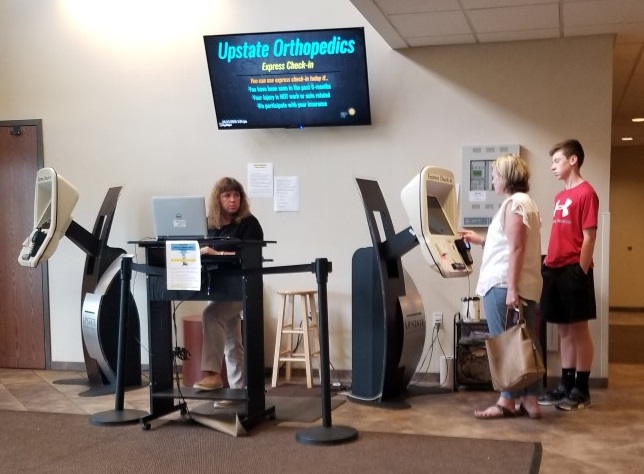[In Buffalo now with nothing to do, so I wrote this a month ago and have lots of time to post it. ]
Recently someone sent me a short message – something of a text – to my phone, and I saw it, read it and moved on.
Then the next day I wanted to come back to that message, and for the life of me, I couldn’t find it.
Why not? It is a foolish question because anyone using the platforms and apps of today would know that there are about 17 ways to connect to anyone, including me. Now, the person who “texted” me could have used the basic text messaging systems on their phones, but, no, there are other options. They could have used Facebook Messenger to get a hold of me, or Telegram, but then there is also Instagram, and we should not forget plain old email, and if anyone is bored with the above, they could have made a voice call to my phone. Did we forget Skype? Yes, we did. And there are other ways to get ahold of me.

Yes, we actually used these!
So, there is me, a single entity, with them, having a multitude of ways send me a message. It’s as if there are eight different colored mailboxes in my front yard, and others can use any mailbox to connect to me, and I have to constantly check all the mailboxes. Or, alternately, we can think of it as having ten different phone lines in my house and each line has its own number, so they (all of them) can call me on any one of the lines at any time. Of course, all the phones have to be answered upon ringing; we can afford no delay in response in these digital times.
I remember working in the 1990s and realized at that time that there were about five ways into me: the phone on my desk, my beeper, email, and something else – I forgot what. All those of course had to be juggled, and at the time I thought that was enough. Was I ever wrong!
Going back farther, I remember the times when – I am telling you the truth – there was only one way to get a hold of me. You had to pick up the phone and call me. I only had to jump for one notification: the ringing of my phone. That was it! The amazing thing was, we didn’t even have answering machines back then (that came later). So if you called and no one picked up the phone, you had to call back when we were home, and that was that.
We never stopped to realize how fortunate we were, without all the bings of an incoming text and cute ringtones of we have now– notifications galore, all the time and everywhere. No matter what you are doing today, you are always in a state to be interrupted, and if you working on going left a bing will go off and soon you will be working right, then back to left and the Beverly Hillbilly ringtone goes off, which means your Boss is calling and you should drop everything and attend to him and whenever you are going left plan on going right and when you are going right, plan on going left.
It’s modern life.
(We haven’t even talked about another issue: keeping up with your Facebook feed or with Instagram, but then there’s also Snapchat etc. etc. etc. This is a separate issue.)
We can make a case that all this is stressful, as they are always after me, and if it were only a few hours of the day – great – but the rest I will take off in solitude and quietness, but it is not so. We are always connected which is great but we are also always available and always subject to a random notification about something – whether petty or important – and always potentially interrupted. Always.
All of this technology is really amazing and all of it is really great, but all of it has made us into something that we were not before. Before we were simple and lived an idyllic life. Now we are complex and going out of our minds. What have we achieved?
I will answer that as soon as I find that message from my friend – and where is it on my phone?











